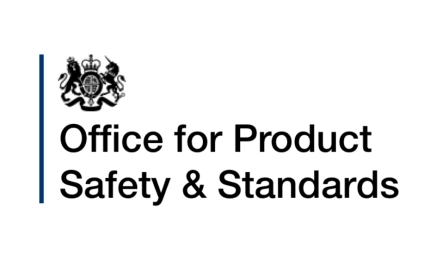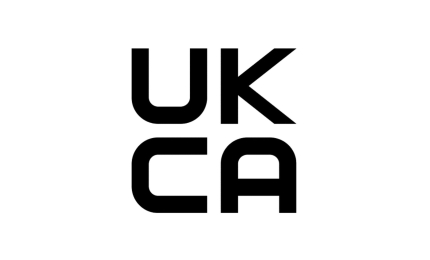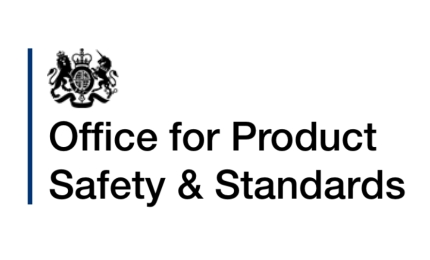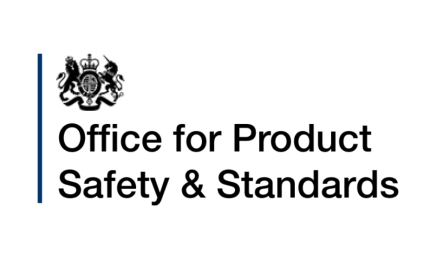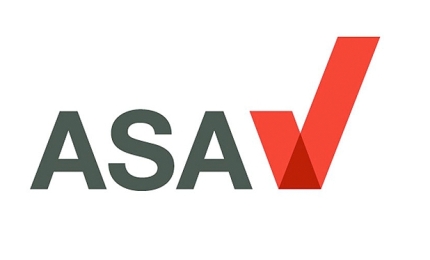Find us on...
Upheld ruling on misleading environmental claims.
On 29 November 2023, the Advertising Standards Authority (ASA) upheld a ruling against environmental claims contained within an advertising campaign.
The adverts were considered to imply that the product could be recycled through a wide variety of routes, including easily accessible routes such as general recycling provisions at home. However, the product could only be recycled through limited recycling options such as at local authority locations, and at retail outlets which provided a drop-off service in-store. Therefore, the routes were not necessarily easy for consumers to access.
Additionally, the advertiser provided evidence that 41% of each product could be reused, and 55% could be recycled. The ASA accepted the total 96% reuse and recyclability rate as high when processed by their recycling partner, but the products were not completely recyclable.
ASA considered the claim wording used within the adverts to be ambiguous and without qualifying information. The ASA determined that the product was likely to have significant impact on the environment, based on the full product life cycle. ASA considered that the inaccurate impression that the products were fully recyclable, combined with the way the claim was worded, exaggerated the environmental benefit of the product and was therefore likely to mislead consumers.
Additionally, the recyclability claims of the product were a legal obligation for the product type (WEEE Regulations). Marketing communications must not mislead consumers about the environmental benefit that a product offers, for example by highlighting an environmental benefit that results from a legal obligation where competing products are also subject to that legal obligation.
The ASA determined that the adverts must not appear again in the form complained about and future environmental claims must be clear and must not mislead the environmental impact or benefit of the product.
This ruling follows this news item regarding the ASA research conducted on consumer understanding of green disposal terms such as 'recyclable', 'biodegradable' and 'compostable'. The research found that consumers believe additional requirements placed around disposal, for example any disposal instructions that are outside of the home, are treated not just as an inconvenience, but as a breaking of an unspoken agreement, where manufacturers play their part (making items seamlessly disposable) and the consumer plays theirs (home disposal).


